Fact or Fiction: Avoid Fats At All Costs
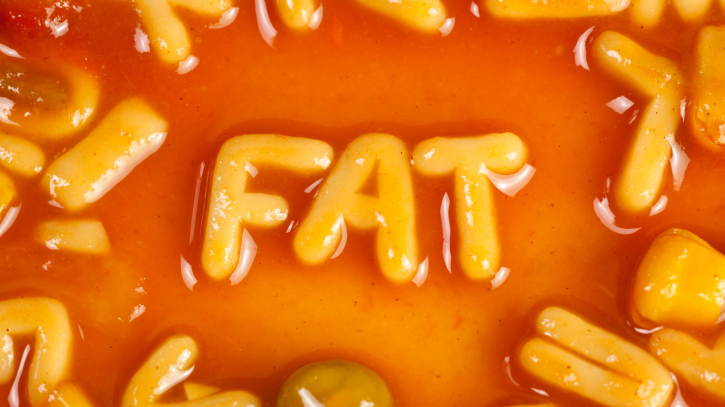 Fat. Just writing the word makes me upset. But why? Is it because the word has been demonized by the weight loss and food industries? Or maybe the traumatizing memories of being seen as “the fat kid” growing up are just too much for me to handle.
Fat. Just writing the word makes me upset. But why? Is it because the word has been demonized by the weight loss and food industries? Or maybe the traumatizing memories of being seen as “the fat kid” growing up are just too much for me to handle.
Whatever the reason, I think it’s safe to say a good chunk of society has determined that fat is the worst…like, worse than the Kardashians even.
But has anyone ever questioned this idea?
Since I’m constantly trying to stay fit and educating myself on the best ways to maintain a healthy diet that complements my workout regimen, I thought it could be interesting to tackle the subject of fat in this edition of Fact or Fiction. And what I found might change your feelings about fats, because—in some cases—they can actually be really important to your health.
Let me explain.
First of All
 Before we get into the great fats debate of 2015, let’s make sure we’re all up to speed on what fat is.
Before we get into the great fats debate of 2015, let’s make sure we’re all up to speed on what fat is.
There are numerous types of fats, but let’s start with dietary fats, which are found in foods from plants and animals. These dietary fats are important to multiple functions of the human body, so you need to make sure you’re consuming an adequate amount.
But what amount is considered adequate?
When you consume more calories than your body requires to function, it will then make its own fat and store it. Obviously, this turns into a health problem, because excessive amounts of fat are being created and stored in the body. At that point, it’s time to reevaluate your diet or increase your amount of exercise.
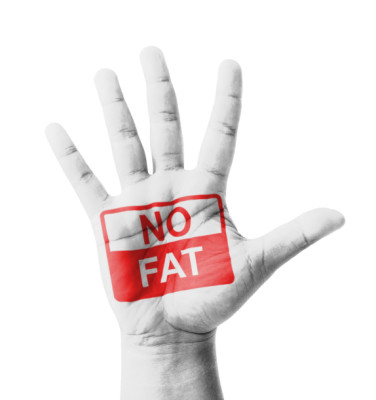 A Difference of Opinion
A Difference of Opinion
It’s important to understand there’s an enormous amount of conflicting information regarding healthy fat consumption. Some argue that fat is the enemy—that it causes multiple health problems and should be avoided at all costs. Others feel small doses of fat are needed for normal functions of the body. Most of the people in the latter group agree that unsaturated fats are superior to saturated fats.
Saturated fats usually come from animal sources of food and have been found to increase your risk of cardiovascular disease. This is because saturated fats raise blood cholesterol levels, which is also true of trans fats. Trans fats come mostly from processed foods and have been partially hydrogenated.
Now let’s talk about unsaturated fats. These are the ones commonly referred to as “good” fats and include monounsaturated and polyunsaturated fats such as olive, peanut, and corn oil. Consuming an appropriate amount of these fats has been found to improve blood cholesterol levels, which can decrease your risk of heart disease.
Another type of polyunsaturated fat consists of mainly omega-3 fatty acids. These omega-3 acids are commonly found in fatty fish such as salmon, tuna, and trout. Vegetarians looking to consume omega-3 fatty acids can choose plant sources such as flaxseed oil, canola oil, and specific nuts and seeds. Those looking for a more convenient way to consume a healthy amount of these healthy fats often turn to nutritional supplements.
An Opposing View
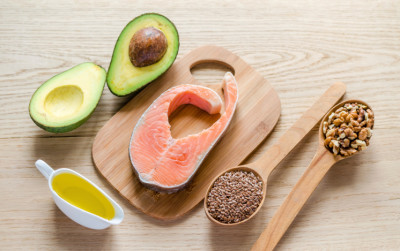 In recent years, a growing number of people are beginning to question the idea that saturated fats are linked to heart—and other various—diseases. Actually, these people support the theory that anywhere from 50 to 85 percent of your overall energy intake should consist of healthy fats (both saturated and unsaturated).
In recent years, a growing number of people are beginning to question the idea that saturated fats are linked to heart—and other various—diseases. Actually, these people support the theory that anywhere from 50 to 85 percent of your overall energy intake should consist of healthy fats (both saturated and unsaturated).
This Paleolithic nutrition theory actually promotes the idea that saturated fats provide a number of important health benefits, including providing building blocks for cell membranes, increasing mineral absorption, acting as antiviral agents, and even helping to lower cholesterol levels.
One example, or variation, of this diet would be the Paleo diet, which has recently increased in popularity. The theory behind these diets stems from the beginning of human evolution when we evolved as hunter/gatherers and consumed mostly animal products. From an evolutionary perspective, it wouldn’t make sense for saturated fats to suddenly be harmful to human health when it was a core part of our nutrition for thousands of years…in this group’s opinion.
Do What Works for You
So…have I confused you yet? I know after doing my research, all of this conflicting information made me question exactly which advice to follow. How do we know which theories, research, or scientists to trust? Well, I’m going to leave that up to you and your physician, because I’m no doctor. But I can definitely share my own conclusion with you.
It’s my opinion that every individual should explore a variety of diet and exercise regimens. There isn’t one perfect health program that will work for every person. As long as you’re  making smart choices that promote a healthy lifestyle to keep you active and fit, you’re on the right path. So whatever foods push you in that direction are the foods you should be consuming.
making smart choices that promote a healthy lifestyle to keep you active and fit, you’re on the right path. So whatever foods push you in that direction are the foods you should be consuming.
If you want my thoughts on fats specifically, I think it is comes down to balance and moderation. All fats have their pros and cons, so eating a varied diet that includes moderate amounts of a variety of fats is the best advice I could give you.
It’s kind of like sugar—you don’t need to avoid it, but it is best consumed from natural fruits, veggies, and dairy products versus candies and cakes. In the same vein, fats are best when consumed from nuts, fish, avocados, olives, and even meat (just to name a few examples). Your fat intake shouldn’t come from desserts, cookies, pies, etc.
Basically, fat isn’t something to avoid or eat in excess, and varied natural sources should be the biggest focus. Simple as that!
We’re proud to bring you the freshest content on the web! Follow USANA on Twitter, like our USANA Facebook page and enjoy the latest videos on the official USANA YouTube channel.
 Learn what USANA is doing to make the world a better place.
Learn what USANA is doing to make the world a better place.
The future of personalized health and nutrition is now available with USANA’s True Health Assessment.





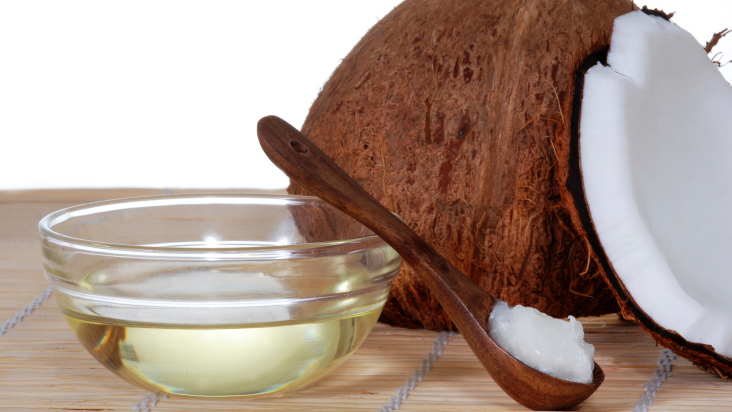

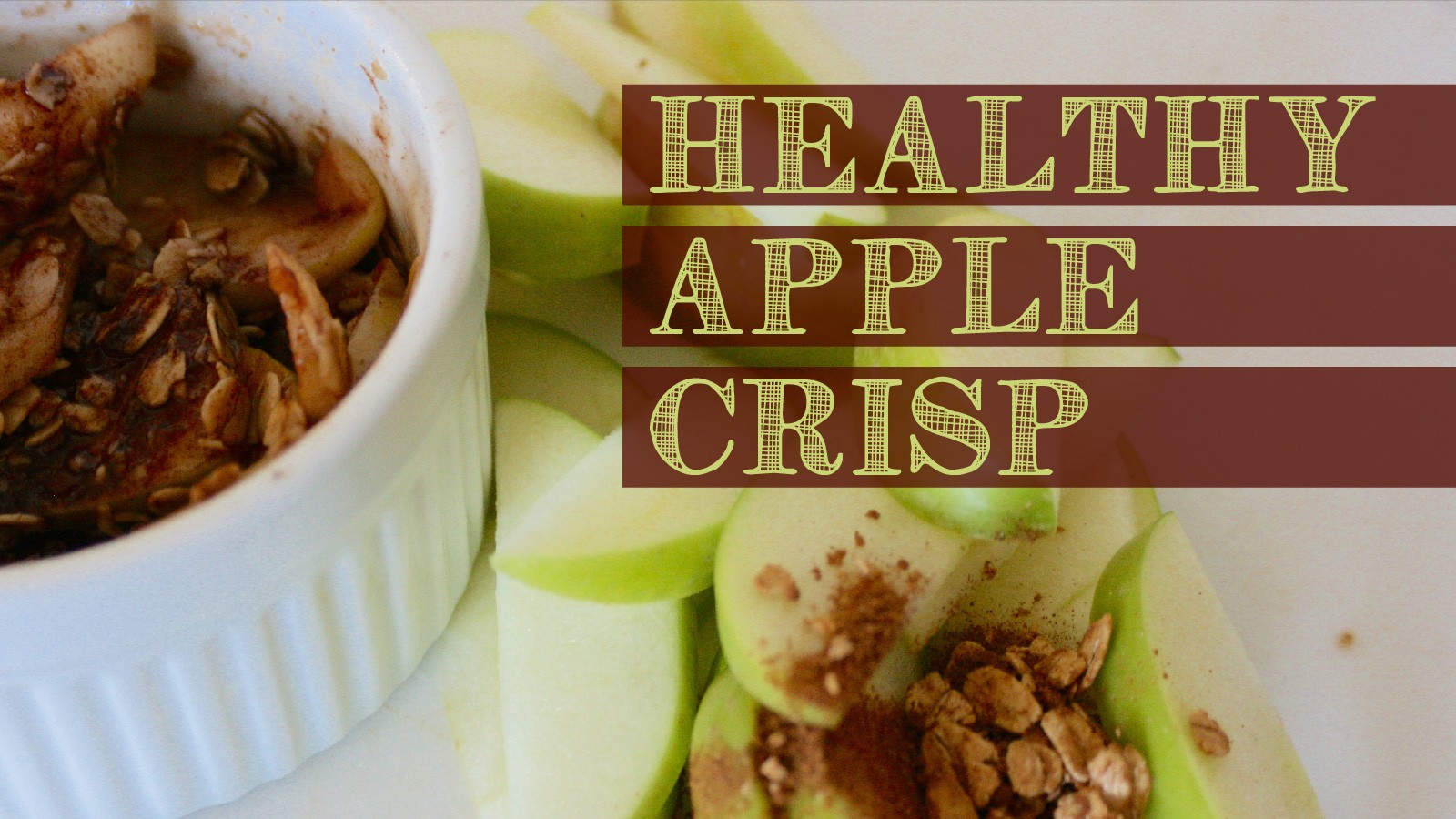
Leave a Reply
Want to join the discussion?Feel free to contribute!